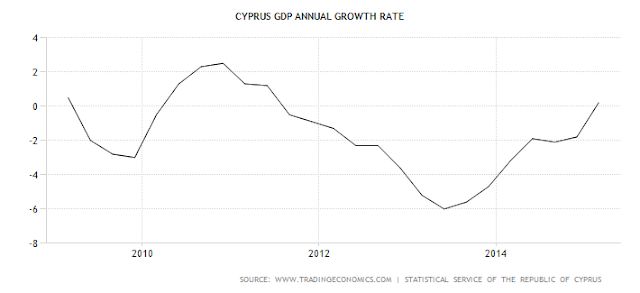In defence of the (conflicted) ECB

Everyone has been so transfixed by Yanis Varoufakis's "Plan B" revelations that his defence of the ECB's Mario Draghi passed unnoticed. Here it is, transcribed from the Lamont tape by Peter Spiegel at the FT: Mario Draghi has handled himself as well as he could, and he tried to stay out of this mire, the political mire, impressively. I have always held him in high regard. I hold him in even higher regard now, having experienced him over the last six months. Having said that, the European Central Bank is set up in such a way that it is so highly political, it is impossible not to be political. Don’t forget the ECB, the central bank of Greece – because that’s what the ECB is, it’s the central bank of all our member states – the central bank of Greece is a creditor of the Greek state, and therefore it is also [break in audio] once it is the lender of last resort, supposedly, and the enforcer of fiscal austerity. Now, that violates, immediately, the supposed disti...





